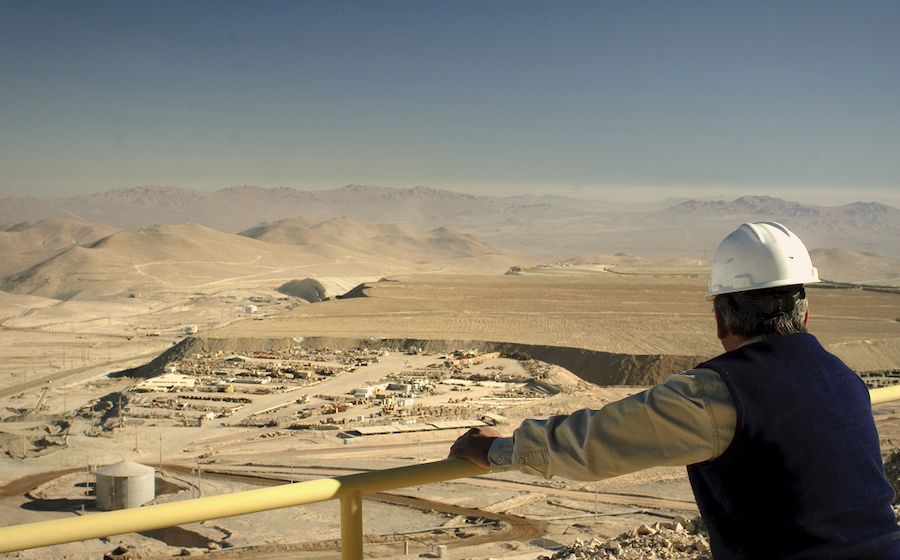
The case centres on the apparent deterioration of the Monturaqui-Negrillar-Tilopozo aquifer, an important source of ground water, because of the high pace of extraction to support mining operations in the area.
The government agency argues that the mines named in the suit have breached environmental protection, preservation, and conservation rules.
“The Monturaqui-Negrillar-Tilopozo aquifer has been exploited for decades by Zaldívar in the Negrillar sector; Albemarle in the Tilopozo area and Escondida in Monturaqui,” court documents read.
Escondida would have extracted 1,400 liters of ground water per second until 2019; Zaldívar, 212.75 lps projected until 2025 (with an authorized flow rate of 500 liters per second) and Albemarle, 16.9 lps until 2041, according to the suit.
“The extraction of various amounts of water by the sued mining companies would have caused damage that was foreseeable, since they were aware of the maximum limit of descent that the aquifer could have,” it reads.
Since taking office in March, 36-year-old Boric has made environmental protection a key focus of his administration, including water rights following years of drought that is impacting miners, farmers and wine makers.
RELATED: BHP’s Cerro Colorado copper mine in Chile hit by further water measures
Last month, the country signed onto the United Nations Escazu Agreement, overturning the policy of the previous Chilean government that had held back from supporting the treaty.
The world’s top copper producing country initially promoted the agreement, which is focused on access to information and environmental justice in Latin America and the Caribbean, but later refused to sign it on the grounds that it could generate legal uncertainties.
Copper companies across Chile have been forced in recent years to find alternative means to feed water to their mines as drought and receding aquifers have hampered operations. Many have sharply reduced use of continental freshwater or turned to desalination plants.
Chile’s copper agency Cochilco estimates that mining’s use of seawater — either used directly or desalinated — will increase 167% by 2032, while freshwater use will decline 45%. By the end of that period, 68% of water used by the industry will come from the ocean, the agency has said.




